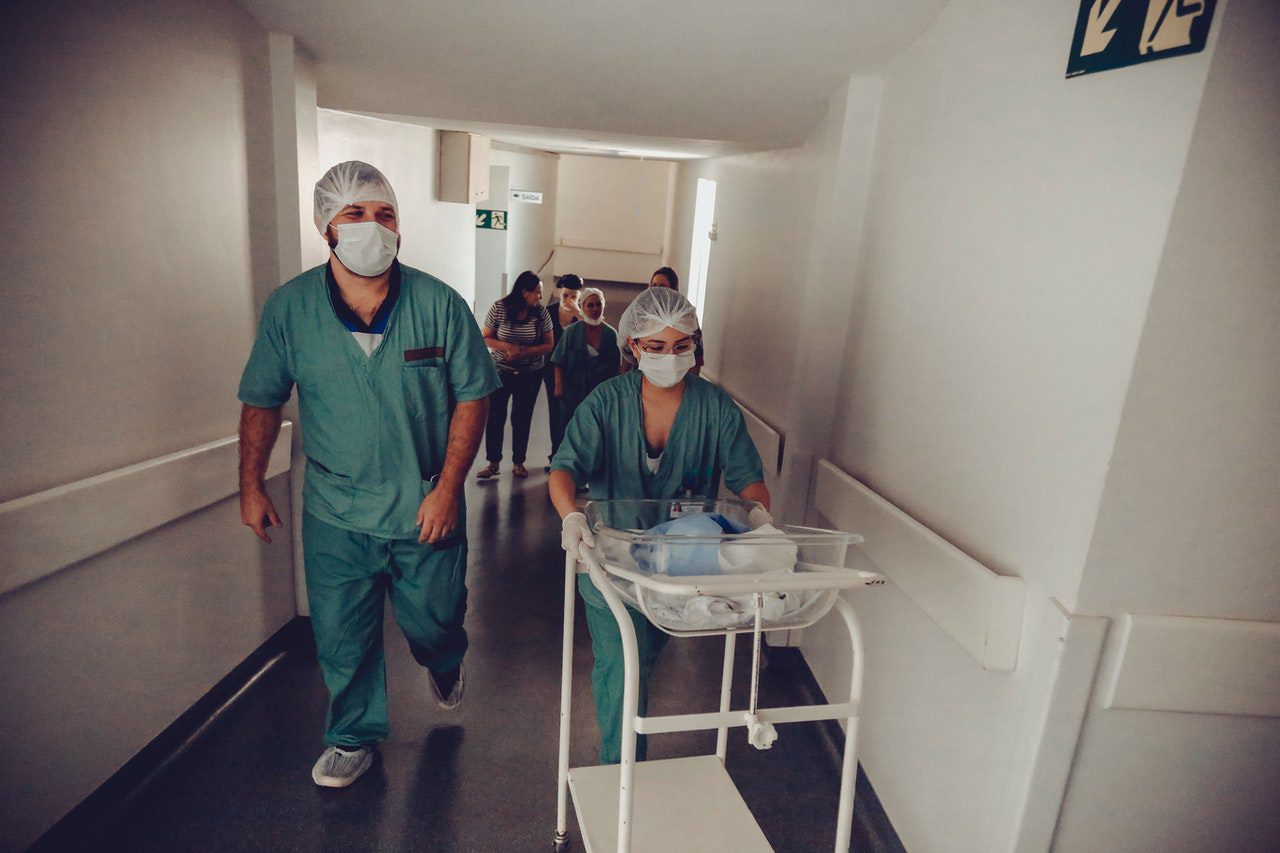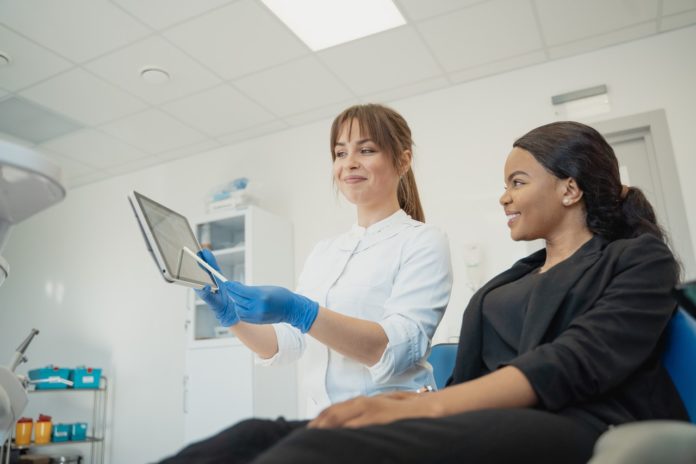If we compare the period before COVID’19 touched our lives to now, we can observe how things have changed. This revolutionary virus has changed our lives in many ways, from behavioral modifications to new perspectives. While this virus was formerly renowned for killing our loved ones, it has also had some beneficial consequences.
For example, we are talking about mental health more freely than we have in the past. Apart from that, various topics have been put forth for people’s consideration, and the proper use of technology falls under this umbrella. We live in a time where technology advances at a breakneck pace.
Nevertheless, we have all been learning new applications and figuring out how other technologies function, such as multimedia, since the outbreak. This technology ushered in a slew of favorable changes in the medical sector, many of which became apparent when COVID’19 entered our lives. And it continues to develop, resulting in more comfort for the healthcare industry, which was the most stressed industry during the whole outbreak.
Here we are unfolding all that technology advancement has proven to have done during this pandemic and how it will shape the NHS post-pandemic.
Also Read: 5 Challenges that Nurses Encounter And Ways to Overcome Them
Data Recording

Following the pandemic, computer science became the bedrock of all academic disciplines. These fields are expanding and witnessing significant market value increase, from networking to data science and artificial intelligence. People are more inclined to switch to new ways of accomplishing their work as their demand grows. The term “newest” refers to the most recently found methods.
Also Read: 4 Steps to Become a Good Psychiatric Nurse Practitioner
When it comes to the healthcare industry, another major obligation comes before serving humankind. Managing the massive amounts of data they get every day. For this reason, various software applications that function automatically and meet all requirements have been developed.
One can question how data preservation is comparable to providing hours at an emergency room. When a patient enters a healthcare facility, they do so with the expectation of being cured of whatever illness they are experiencing. The second the concerned person at the reception asks for their name, a record is made under their name, updated with each subsequent visit. Those health workers have to input hundreds of entries like these every day, and they will be risking patient’s life if they make any mistakes.
Experts in healthcare informatics are anticipated to be in higher demand. They have a thorough grasp of healthcare database management systems and can help avoid such accidents.
Online Consultancy

A few years ago, finding a doctor online was just a concept. However, if you look around today, you’ll notice that various apps and websites encourage individuals to seek counsel from the comfort of their own homes. Since the outbreak began, hundreds of victims have required continual assistance. However, they were unable to leave their houses. As a result, innovations such as video telephony came to their rescue, allowing people to contact any expert doctor they desired for consultation.
While this online consultation appears to be the best answer during the crisis, it does not appear to be going away anytime soon. These online medical services are a godsend for folks who are always looking for methods to save time and effort. Everyone has a legitimate reason to take advantage of this technological advancement, from youngsters to senior citizens.
Also Read: 4 Steps to Become a Good Psychiatric Nurse Practitioner
Advanced equipment

Healthcare stands to profit greatly from the rapid rise of machine learning, artificial intelligence, augmented reality, and other technologies. Medical sciences make optimal use of technological equipment in all they do, from diagnosing patients to transcribing records. Interestingly, not everything was detectable by every healthcare service facility for some reason. During covid’19, however, they were introduced to the latest technology, either purposefully or unknowingly, and they have never looked back.
With the rapid growth of ML, AI, AR, and others, healthcare has a huge benefit. From diagnosing patients to transcribing documents, medical sciences efficiently use advanced equipment. But for some reason, not everything was discovered by every healthcare service center. However, during covid’19, they were intentionally or unintentionally exposed to the newest technologies and never returned.
Improved patient care
Quality healthcare, believe it or not, comes with access to more advanced technologies. Patients may now check their medical records frequently using online platforms, in addition to the provider writing down the prescriptions.
Thanks to their mutual contribution, it is simple for healthcare practitioners and convenient for patients. Doctors and nurses can give care to patients who cannot attend the hospital via telehealth technology. It was put to good use during the pandemic.
Aside from that, nursing technology such as smart beds has improved patient care. The automated monitoring of a patient’s heart rate, blood oxygen level, temperature, and other parameters has resulted in greater efficiency and burnout avoidance, as seen during covid’19. As a result, with frequent improvements, all of these technologies will continue to be a significant addition to medical science in the future.
Conclusion
After the virus outbreak, life hasn’t been the same for us. Everything has been adversely affected, from education to work. These lockdowns have demonstrated a beneficial shift in how people value things in some ways. But our health is the most pressing worry. Hospital visits are no longer as regular as they once were.
On the one hand, there is the fear of death. And on the other hand, the prospect of a better life. In the midst of it all, the NHS is doing the best it can. However, their medical expertise and experience are insufficient to save these lives—technology steps in to fill the void.
Technology has always made our lives simpler, but it has made a significant contribution to healthcare this time. It will continue to do so in the future years. COVID’19 has helped us recognize the value of technology, and things will improve in the realm of medical sciences post-pandemic.


